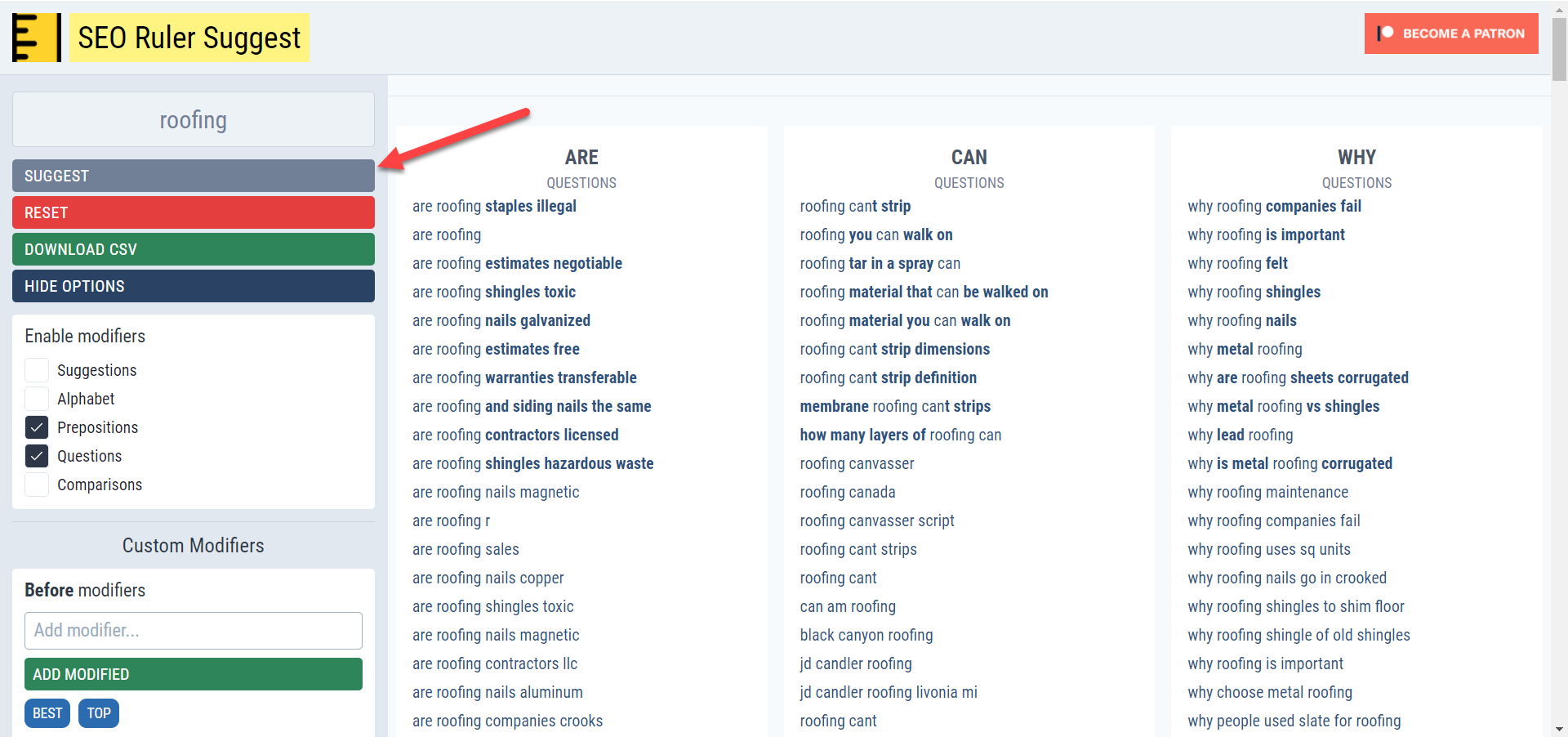
There are many factors that go into determining a website’s ranking, including the number of words on a page. Total words on a page is just one of hundreds of ranking factors. In this article, we’ll look at how to optimize the content on your roofing website, and the tools you need to do so.
Content marketing
SEO is an essential part of promoting a roofing business. If done properly, it can lead to increased sales, retention of existing customers, and positioning as a leader in the local community. When performing SEO for roofing, it is important to use targeted keywords. These keywords should be placed in the title, meta description, and page content of the website. However, it is important to avoid overwhelming your visitors by using too many keywords and phrases. Use them only where they make sense and look natural.
When a prospective client types in a keyword or phrase that matches the service they need, search engines will provide websites that best match the query. This means that if your roofing company isn’t at the top of the search results, you’re losing potential leads and sales. Fortunately, there are many ways to optimize your website for SEO. For one thing, you can create pages devoted to your company, its services, and the city in which it provides services. Additionally, you can create a blog where you can write about various topics relevant to the services that you offer.
SEO for roofing companies is important because it boosts brand awareness. The best way to do this is by choosing the right keywords that target your local market. Keywords are the key to boosting your website’s ranking and increasing your visibility on Google.
On-page optimization
On-page optimization is vital to increase the chances of your DIY roofing website being found on Google. Besides the content of your website, there are other factors that influence your ranking on Google. One of the most important is the speed at which your website loads. A page that takes a long time to load is not a good sign for conversions. Therefore, focus on your homepage first. This is usually the strongest page on your website, so you want it to be fast.
First, make sure that you include your target keyword in the title tag. This is the headline that people see when they visit Google, so make sure that your title is appealing. Google uses the title tag as part of its ranking algorithm, so adding your keyword to it can help you get noticed. In addition to the title tag, you should include 155-160 characters in the Meta Description.
Keyword research
Whether you’re looking to generate more business, retain current customers, or establish your business as a leader in your local market, roofing SEO can help you succeed. It involves using targeted keywords throughout your website, including page titles, meta descriptions, and more. The key is to avoid overdoing it and make sure your SEO looks natural.
General roofing keywords are keywords that most people search for when looking for roofing services. These terms include terms like “roofers in Toronto”, “roofing contractors in Toronto,” and “roofing.” These keywords are great for building your brand, as they will drive targeted traffic to your site. Alternatively, you can choose to focus on roofing service keywords to attract customers looking for specific services, such as replacement or installation.
Keywords play a vital role in roofing SEO, because they determine a website’s ranking. By using the right keywords, your website will appear higher on search results pages (SERPs). This is important, as it will ensure that people who are searching for roofing services will be directed to your website.
Keyword research for roofing companies should be done using keyword tools, such as Google Analytics and Keyword Planner. These tools allow roofing companies to create audience profiles based on their existing customer base. This will help them develop content tailored to their specific audience and tailor their linking strategies accordingly. To optimize your website for SEO, make sure you use quality content and maintain topical authority.



















